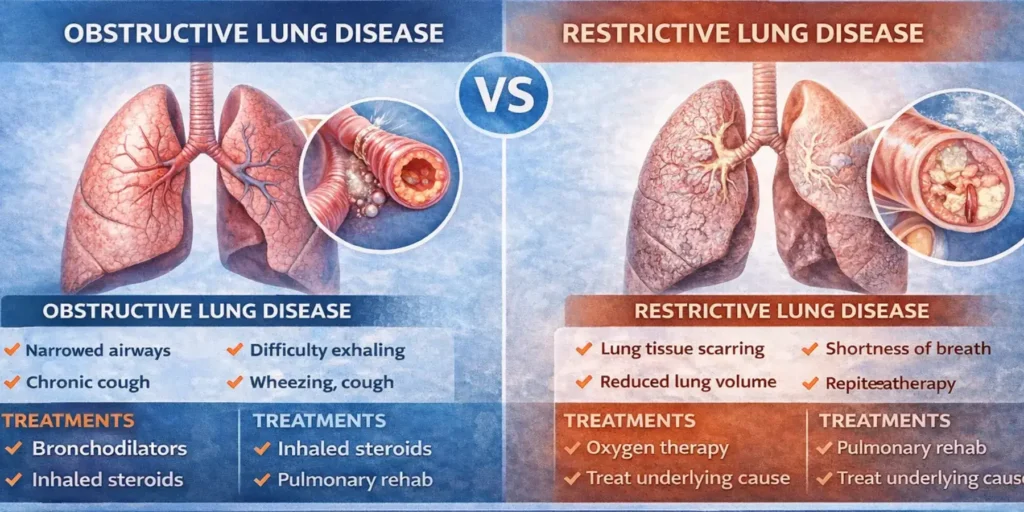Updated: January, 2026
If you searched “What disease does Dennis Quaid have?”, you’re not alone. The question appears frequently on Google, largely because Dennis Quaid has been open about past health struggles and has undergone dramatic physical changes for movie roles.
Here’s the clear, up-to-date answer for 2026:
Dennis Quaid does not have any publicly confirmed disease such as cancer, Parkinson’s disease, or an autoimmune disorder. There has been no official diagnosis announced by Quaid or reported by credible news outlets.
Most confusion comes from his past struggles with addiction and an eating disorder, along with unverified online rumors.
Dennis Quaid does not currently have any publicly confirmed disease. As of 2026, there is no reliable evidence that he has Parkinson’s disease, cancer, or any chronic illness. His known health issues are from decades ago and include recovery from cocaine addiction and an eating disorder.
Dennis Quaid’s Real Health History (What’s Confirmed)
Eating Disorder in the 1990s
Dennis Quaid has openly discussed developing anorexia nervosa in the early 1990s while preparing for his role as Doc Holliday in Wyatt Earp.
- He lost about 40 pounds for the role.
- The extreme weight loss triggered body image distortion.
- He continued to see himself as overweight despite being dangerously thin.
- Recovery took several years.
This condition is well-documented, fully acknowledged by Quaid himself, and is no longer an issue today.
Cocaine Addiction in the 1980s
Another major health challenge Dennis Quaid has spoken about is cocaine addiction during the 1980s.
- He has said cocaine use became a daily habit during that period.
- A powerful personal and spiritual turning point pushed him to seek help.
- He has been sober for many years.
In interviews through 2025 and early 2026, Quaid reflects on addiction as part of his recovery journey — not as a current medical condition.
Diseases Dennis Quaid Is Rumored to Have (But Doesn’t)
Parkinson’s Disease
Some websites claim Dennis Quaid has Parkinson’s disease. These claims are not supported by facts.
- No public statement from Dennis Quaid
- No confirmation from family or representatives
- No reporting from major, reputable news outlets
As of 2026, Parkinson’s disease rumors are unverified and speculative.
Polymyalgia Rheumatica
A small number of low-credibility articles mention polymyalgia rheumatica, an inflammatory condition that causes muscle pain.
There is no reliable evidence Dennis Quaid has ever been diagnosed with this condition.
Cancer or Other Serious Illness
There are no credible reports that Dennis Quaid has cancer, Alzheimer’s disease, ALS, or any other life-threatening illness.
Why People Think Dennis Quaid Has a Disease
The rumors don’t come out of nowhere. Several factors contribute to ongoing confusion:
- Dramatic weight loss for movie roles
- His honesty about addiction and recovery
- Natural aging under public scrutiny
- Clickbait articles repeating unverified claims
In short, visibility plus misinformation equals speculation.
What’s New About Dennis Quaid’s Health in 2026?
As of 2026:
- No new disease has been announced
- No decline in health has been reported
- Recent interviews focus on career, faith, and life perspective
There have been no credible medical updates suggesting Dennis Quaid is currently ill.
FAQs: Dennis Quaid Health Questions
What disease does Dennis Quaid have?
As of 2026, Dennis Quaid does not have any publicly confirmed disease.
Is Dennis Quaid sick right now?
No reliable sources indicate that Dennis Quaid is currently sick or dealing with a serious medical condition.
Did Dennis Quaid ever have a serious health problem?
Yes. He has spoken openly about recovering from cocaine addiction in the 1980s and an eating disorder in the 1990s.
Does Dennis Quaid have Parkinson’s disease?
No. There is no verified evidence that Dennis Quaid has Parkinson’s disease.
Why do people keep searching about Dennis Quaid’s disease?
Because of his past health struggles, physical changes for roles, and the spread of online rumors.
Has Dennis Quaid addressed his health publicly?
Yes, but mostly in relation to recovery, faith, and personal growth — not a new illness.
Final Verdict
Dennis Quaid does not currently have a confirmed disease. His past struggles with addiction and an eating disorder are well documented, but they belong to earlier chapters of his life.
As of 2026, there is no evidence that he is battling Parkinson’s disease, cancer, or any chronic illness. Most online claims are based on speculation rather than fact.
The real story behind Dennis Quaid’s health is not disease — it’s recovery, resilience, and longevity in a demanding industry.





